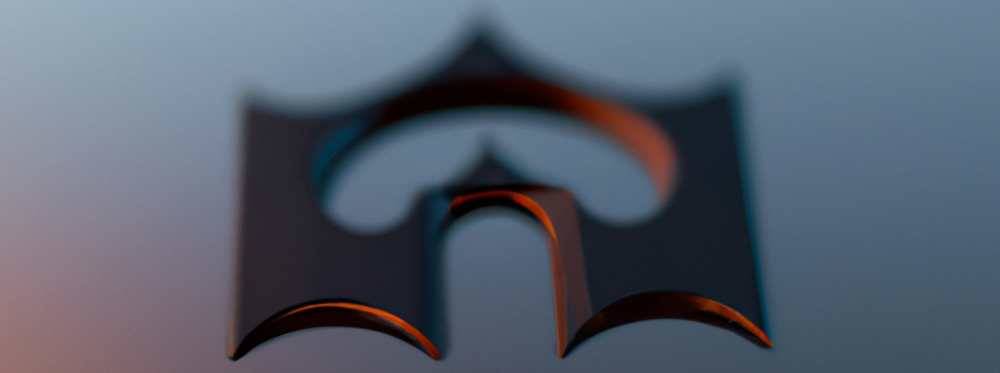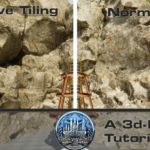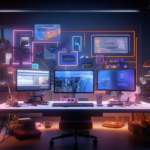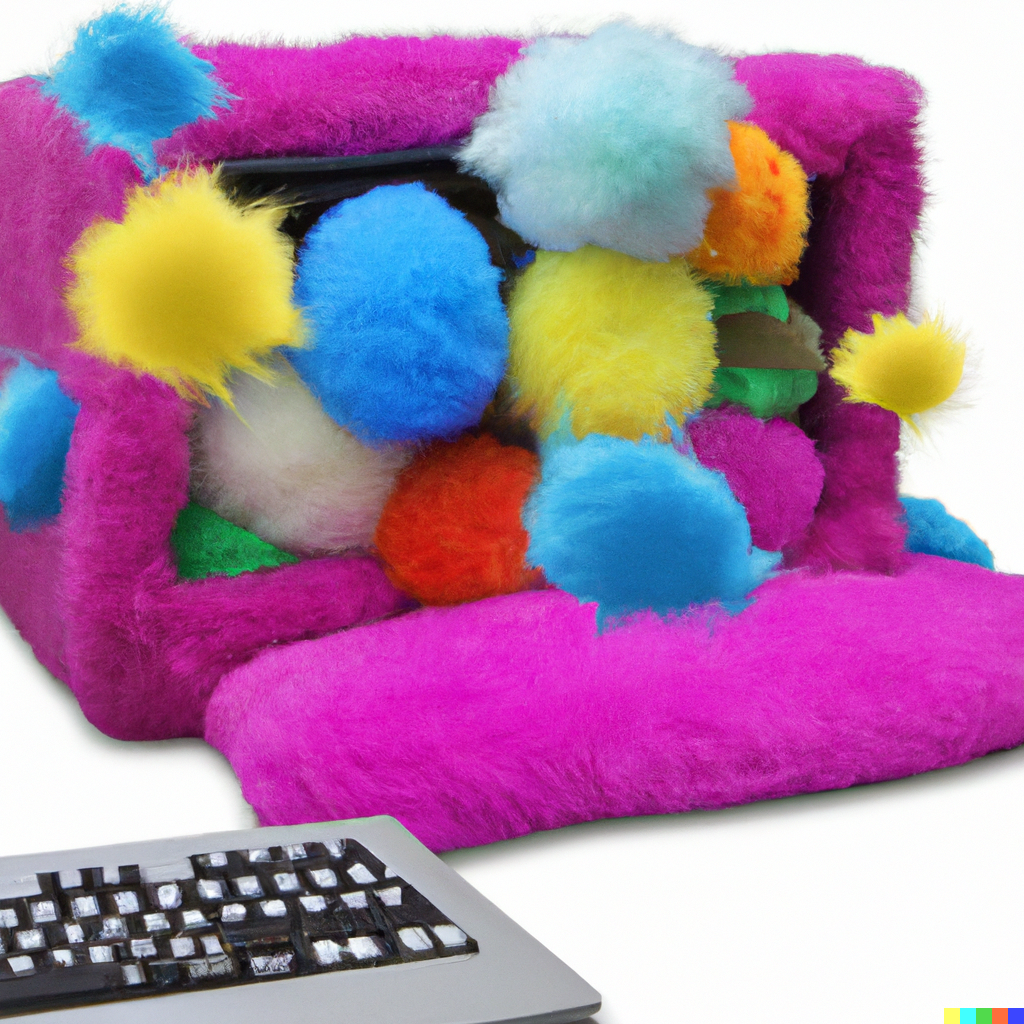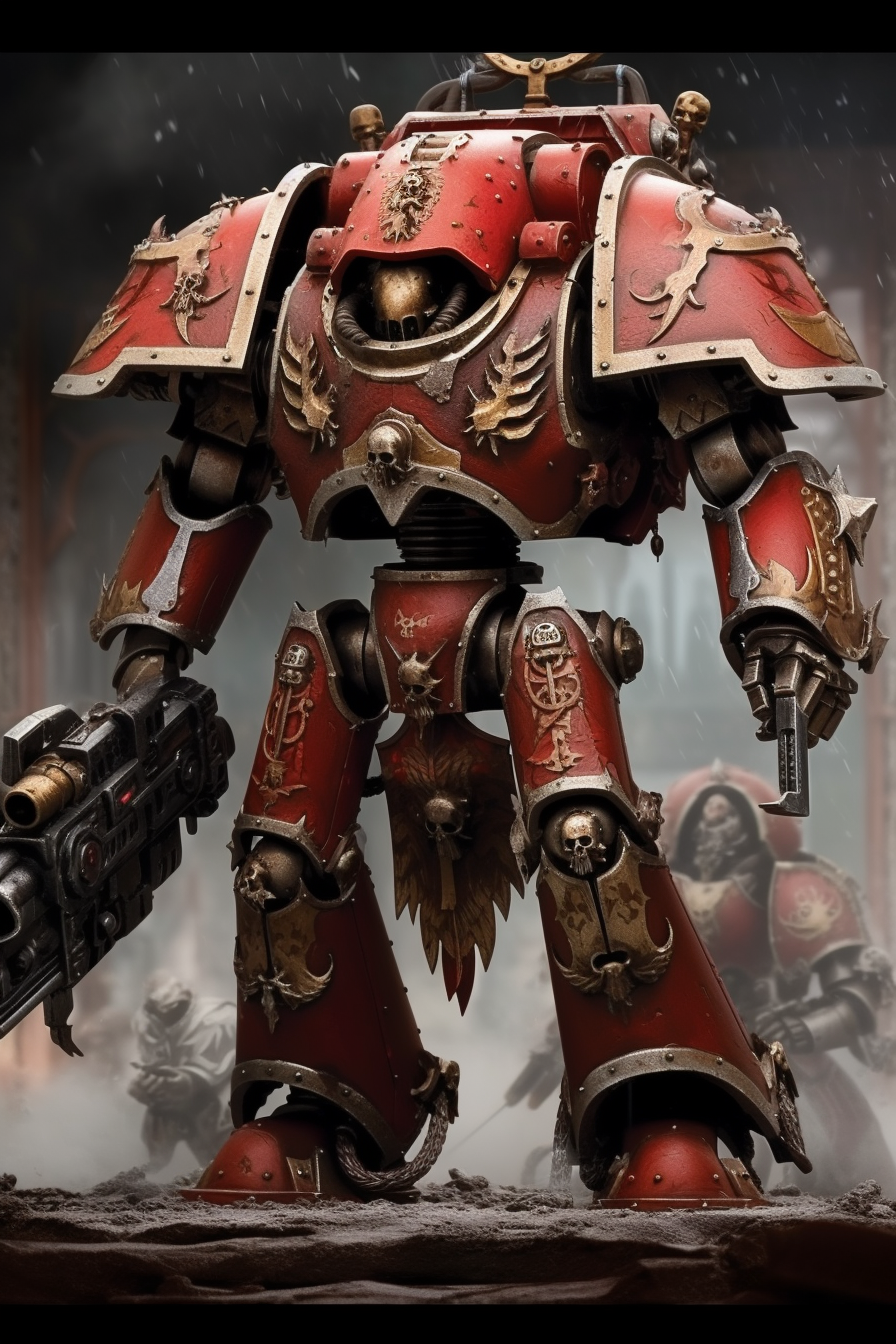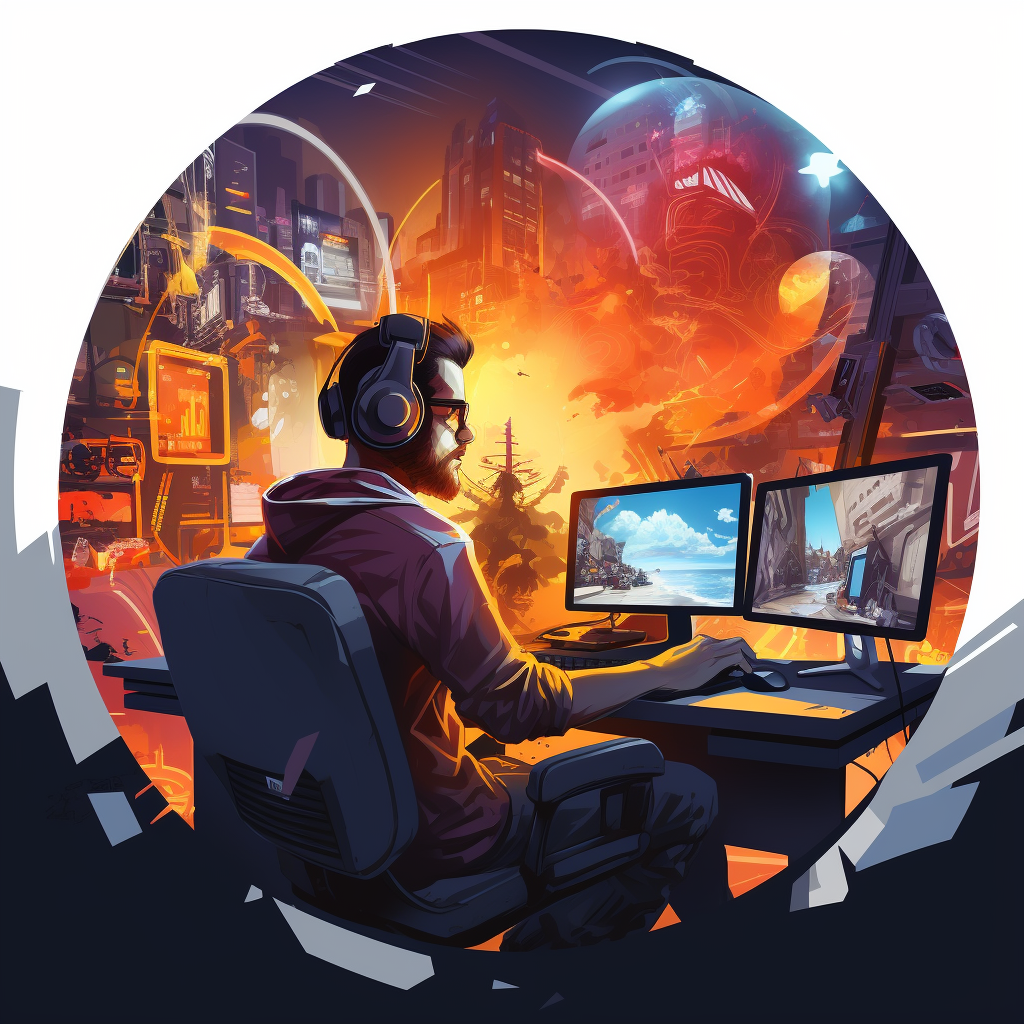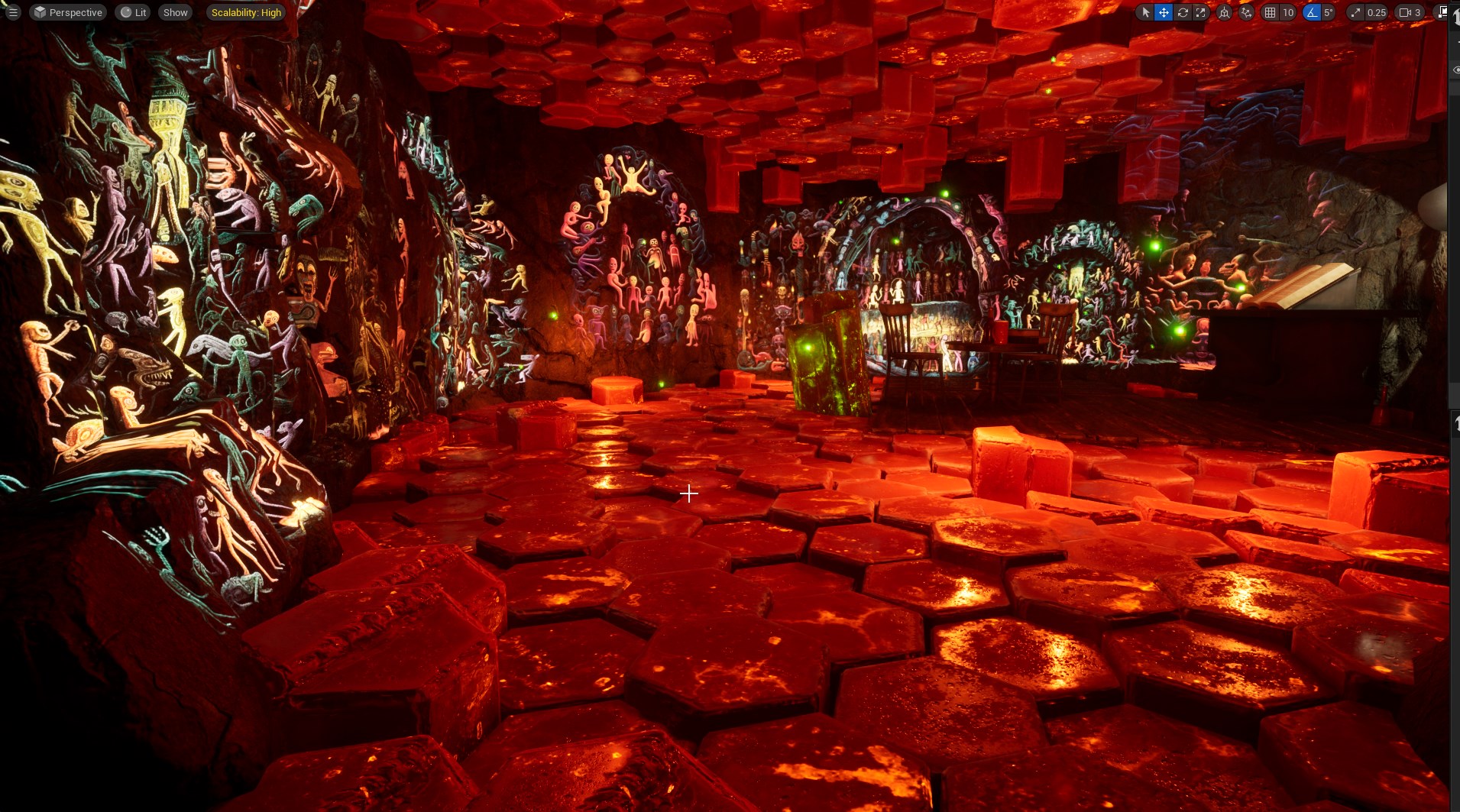In the fast-paced world of game development, it can be tempting to jump on the latest update or upgrade the moment it becomes available. After all, who wouldn’t want to take advantage of the latest features and improvements? But as the old saying goes, “haste makes waste,” and rushing to upgrade your game development project can lead to unexpected bugs and issues that will cause significant headaches down the road.
The problem with upgrading right away is that new versions often come with unexpected bugs and compatibility issues. These issues can be especially pronounced when upgrading from one major milestone version to another. For example, upgrading from Unity 2020 to Unity 2021 may seem like a no-brainer, but it can actually cause a lot of problems for your migrated project.
The first thing to consider is the amount of work required to get your project working properly with the new version. This can be a time-consuming and difficult process, especially if you’re working with a large, complex project. It’s not uncommon for a migration to take days or even weeks to complete, and that’s time that could be better spent on other aspects of your project.
Another consideration is the impact on your team. Upgrading a game development project can be a huge disruption to the workflow, especially if there are compatibility issues that need to be resolved. This can lead to delays and decreased morale, which can be especially damaging for small teams or those working on a tight schedule.
So, what’s the best way to avoid these problems? The answer is simple: wait. Before upgrading your game development project, it’s important to test the new version with a small project first. This will give you a chance to see if the new version has any issues with your specific way of doing things. Additionally, it’s a good idea to check the forums for the engine you’re using (such as the Epic or Unity forums) to see if other users have reported any compatibility issues.
Of course, even the best-laid plans can go awry, and it’s always a good idea to have a backup plan in case something goes wrong during the upgrade process. This is where the old saying “back up twice, father, son, grandfather” comes in. The idea is that you should have multiple backups of your project, at different stages, in case something goes wrong. This way, if there’s a problem with the upgrade, you can revert back to an earlier version and minimize the damage.
One of the most important aspects of backing up your project is to make sure you’re doing it regularly. Depending on the size and complexity of your project, you may need to back up daily, weekly, or monthly. Whatever your schedule, it’s important to stick to it so you always have a recent backup available if you need it.
In conclusion, while it may be tempting to upgrade your game development project the moment a new version becomes available, it’s always a good idea to wait and test first. This will help you avoid unexpected bugs and compatibility issues that can cause delays and headaches. And, of course, don’t forget to back up your project regularly to minimize the damage if something does go wrong during the upgrade process. So, take your time and make smart choices when it comes to upgrading your game development project. Your future self will thank you.
